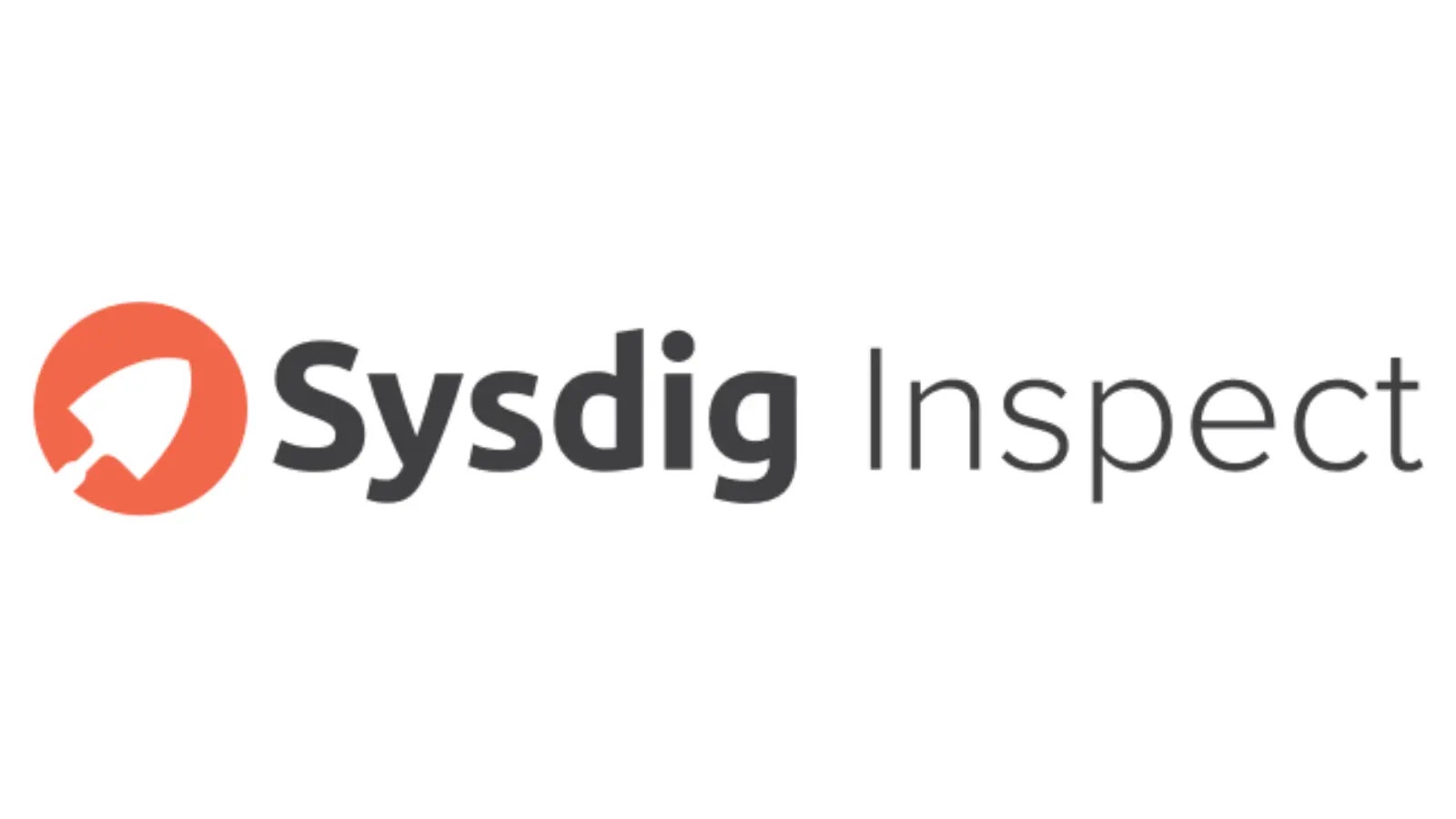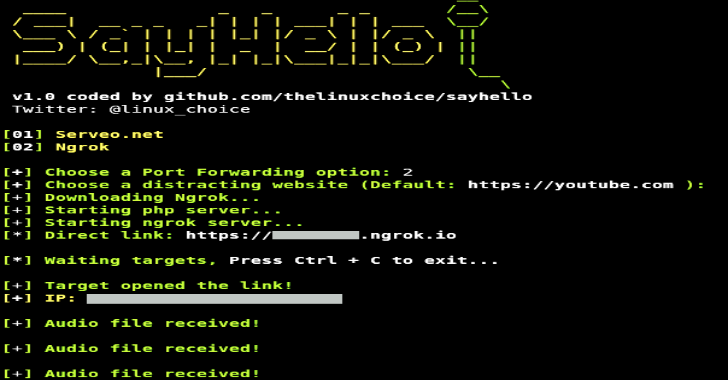Pypykatz is a mimikatz implementation in pure Python and can be runs on all OS’s which support python>=3.6.
Installing
Install it via pip or by cloning it from github. The installer will create a pypykatz executable in the python’s Script directory. You can run it from there, should be in your PATH.
pip3 install pypykatz
Install Pre-Requirements
pip3 install minidump minikerberos aiowinreg msldap winsspi
Clone this repo
git clone https://github.com/skelsec/pypykatz.git
cd pypykatz
Install it
python3 setup.py install
Also Read – ShuffleDNS : Wrapper Around Massdns Written In Go To Enumerate Valid Subdomains Using Active Bruteforce
Features
Platform independent – all commands have a “live” and a normal version where applicable. The “live” version will use the current system and only works on Windows. The normal commands are platform independent.
Can be used as a library for your projects.
Can parse the secrets hidden in the LSASS process. This is just like mimikatz’s sekurlsa:: but with different commands.
The main difference here is that all the parsing logic is separated from the data source, so if you define a new reader object you can basically perform the parsing of LSASS from anywhere.
Currently supported data sources:
- live – reads the LSASS porcess’ memory directly
- minidump – processes a minidump file created by dumping the LSASS process
- rekall (volatility fork) – processes basically ANY windows memory dumps that rekall can parse
- pcileech – can dump secrets DIRECTLY via DMA of a live computer
- remote
Parses the registry hives to obtain stored credentials, like NT and LM hashes, domain cached credentials (DCC/DCC2) and LSA secrets.
Currently supported data sources:
- live – has two techniques to parse live registry. First it’s in-memory doesn’t touch disk, the second is dumping the hives and parsing them with the offline parser
- offline (hive files)
DPAPI is the protector of local secrets of many kinds. Currently the project supports decrypting masterkeys, dpapi blobs, credential files, vault files.
The results are not 100% correct, as there is not much documentation on most of these things. PR is always welcomed!
Currently supported data sources:
- live – obtains masterkeys directly from LSASS -OR- the user/machine keys from live registry and decrypts the masterkeyfile.
- hive files (offline)- the user/machine keys from live registry and decrypts the masterkeyfile
- valid credentials (offline) – can decrypt masterkey files by letting you type in the correct SID and password.
Can spawn a new process as any user who has a process running on the machine.
Can assign any available token of choice to your thread
Reason for this parameter to exist: In order to choose the correct structure for parsing we need the timestamp info of the msv dll file.
Rekall sadly doesn’t always have this info for some reason, therefore the parsing may be failing. If the parsing is failing this could solve the issue.
Parameter: -t
Values: 0 or 1
Example:
pypykatz.py rekall
Rekall Usage
There are two ways to use rekall-based memory parsing.
- Via the
pypykatz rekallcommand
You will need to specify the memory file to parse.
Note:
- If you are just now deciding to install
rekall, it MUST be run in a virtualenv, and you will need to install pypykatz in the same virtualenv! - rekall command line is not suitable to show all information acquired from the memory, you should use the
out_fileandkerberos_dircommand switches! - You can find a rekall plugin file named
pypykatz_rekall.pyin thepluginsfolder of pypykatz. - You will need to copy it in rekall’s
plugins/windowsfolder, and rename it topypykatz.py. - After this modify the
__init__.pyfile located the same folder and add the following line at the end:from rekall.plugins.windows import pypykatz - If everything is okay you can use the
pypykatzcommand from therekallcommand line directly.

.webp)








.webp)












